
I guess with the selection of Service Chiefs, our troublemakers have moved on from evicting each other over the farmer-herdsmen clash to another topic. I run a ranch @owonikokofarms & it has both a farm & livestock section. So have some interesting insights #NigeriaCattleProblem 



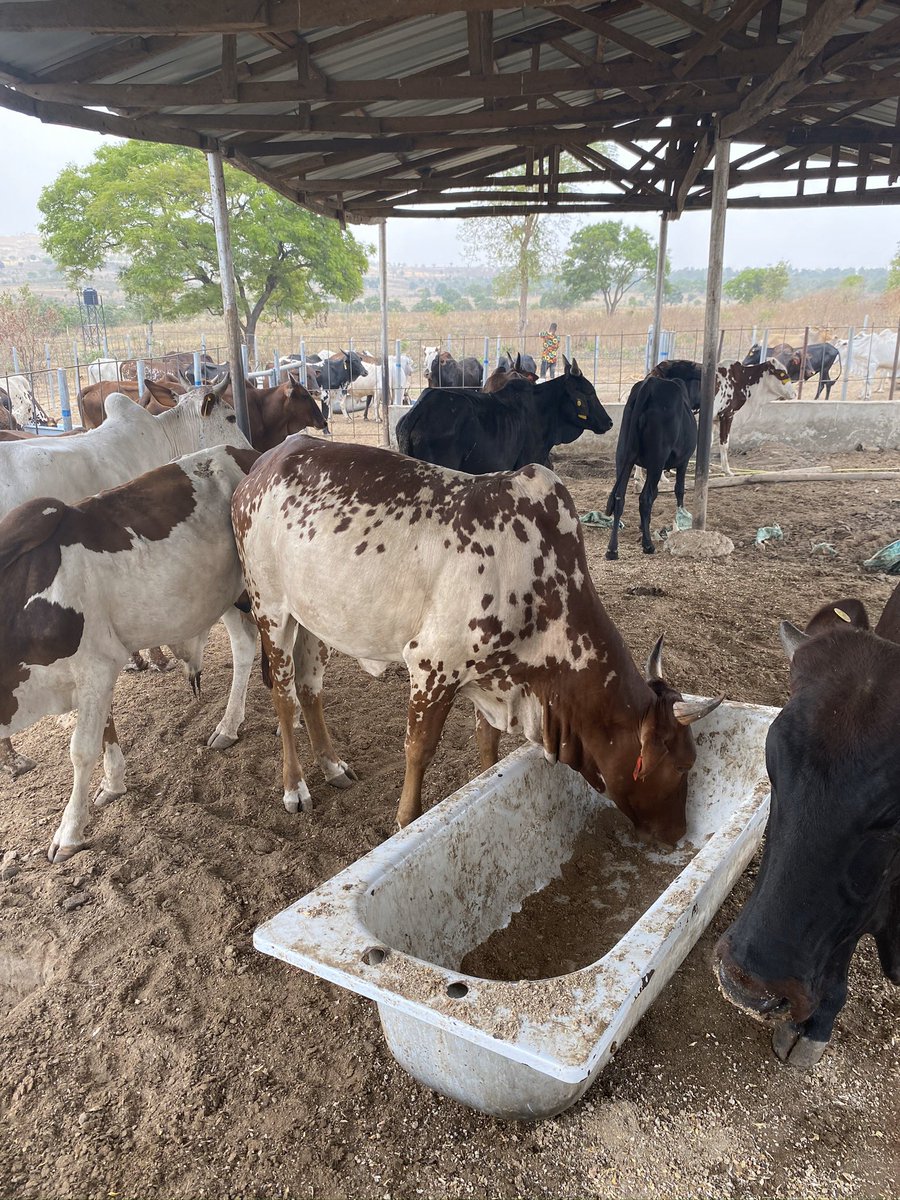



1-/ First, let us agree that avoiding Beef or its byproducts is like avoiding air. It is everywhere from your food to household items. It is called CASH COW for a reason. Even the film for food wrapping use Fatty Acids. Hence you should care about #NigeriaCattleProblem
Smart countries build smart livestock value chain. It is a critical ingredient for building smart voter base as well. The milk, meat and byproducts are necessary products in connecting the brain neurons of a child (future voter) beef2live.com/story-fun-fact…
3-/ As usual, with the #NigeriaCattleProblem we’ve been problem finders not solution makers. The crisis of next week will be different from last week’s. After skirmishes, we will move on for future replay. Funny is that even smart people don’t understand the problem.
4-/ The focus often is on the Farmer-Herdsman clash and the avoidable deaths, blood and tears that underline that conflict. The farmer-herdsmen clash is just a symptom of #NigeriaCattleProblem
5-/ The problem is a lack of infrastructure for livestock industry like other “saner climes” we refer to. Why build infrastructure for livestock industry? Some may ask? The question is why not? Why neglect your food chain and economic well-being?
6-/ Nigeria consumes 25,000 heads of cattle everyday. Age is between 7-9 years. Taking low end, it means we need to have stock of close to 63 million animals feeding largely cheaply to replace our daily consumption. Ranched animal costs 250-500 naira a day. #NigeriaCattleProblem
7-/ Simply, if this “magic wand” called ranching were the only adopted solution, animals that cost between 120k to 180k today in open market will go for 800k to 1 million naira. So clearly, this “ranching” solution is not sustainable #NigeriaCattleProblem
8-/ Insisting it as the only solution to a massive broken value chain problem is like saying we should build more petrol stations to solve fuel scarcity problem. Of course you need more supply (breeding in Grazing Reserves) and you need more oil processed (ranching) & Logistics.
9-/ Every Nigerian will benefit from cheap grazing, and resultant robust livestock industry if well managed. A ranched animal for 5-7 years will cost at least 800k to 1 million naira each. The smart system is to graze cheaply then send to ranch to finish #NigeriaCattleProblem
10-/ Grazing Reserves are infrastructure globally. You need vast lands and water regulated by government to accommodate 63 million heads of cattle. Do the hard stuff, build the grazing reserve infrastructure for livestock industry. The way you build roads for transport industry.
11-/You need vast grazing reserves to store and grow the 63 million replacement heads of cattle each time you consume 25,000 heads of cattle a day. You need ranches with slaughterhouse to also finish them. So you need both not one of them #NigeriaCattleProblem
12-/ The demagogues will make noise about it being a private business & clash destroying property. But so is the transport business. We don’t ask transporters to build their own roads & they will destroy your property too if roads were not built for them #NigeriaCattleProblem
13-/ The Bureau of Land Management in the Department of Interior manage almost 1 million square km of this infrastructure for the US. That is why the average American pays 60% less for better meat than the Nigerian and consume 30 times more as a result. #NigeriaCattleProblem 

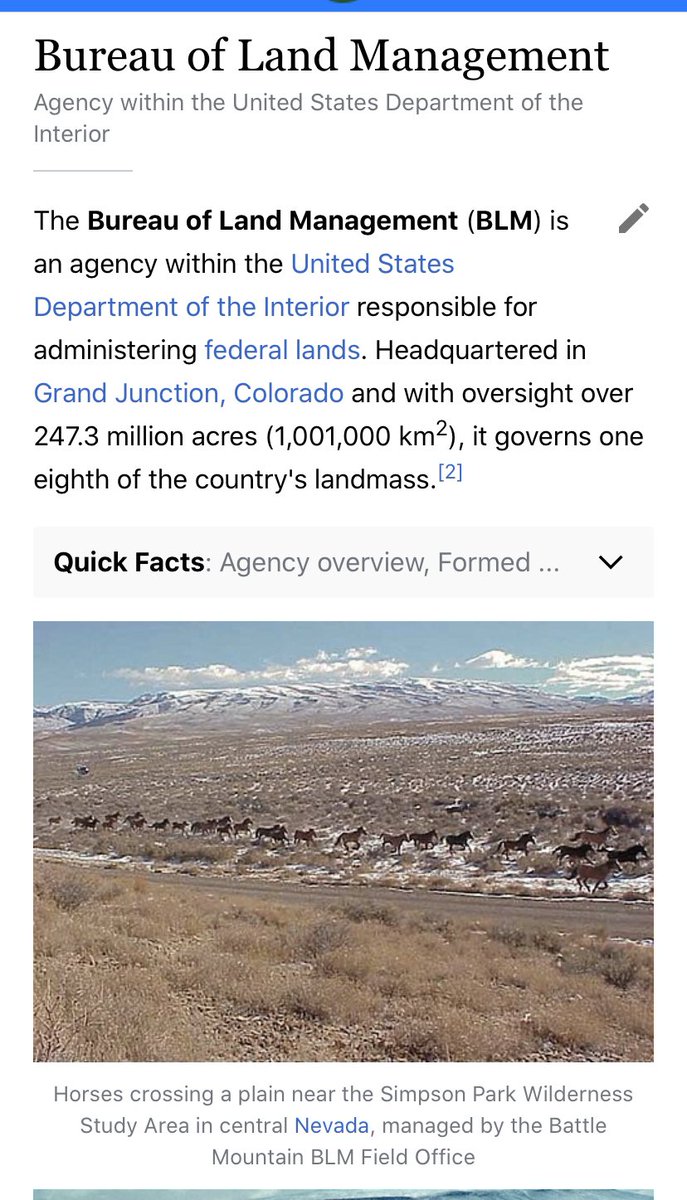

14-/ Grazing Service is a major unit of the BLM. This is a capitalist country o. The land they manage is bigger than the size of Nigeria. This is why livestock is more important to the US than oil despite being the biggest oil producer in the world. #NigeriaCattleProblem 
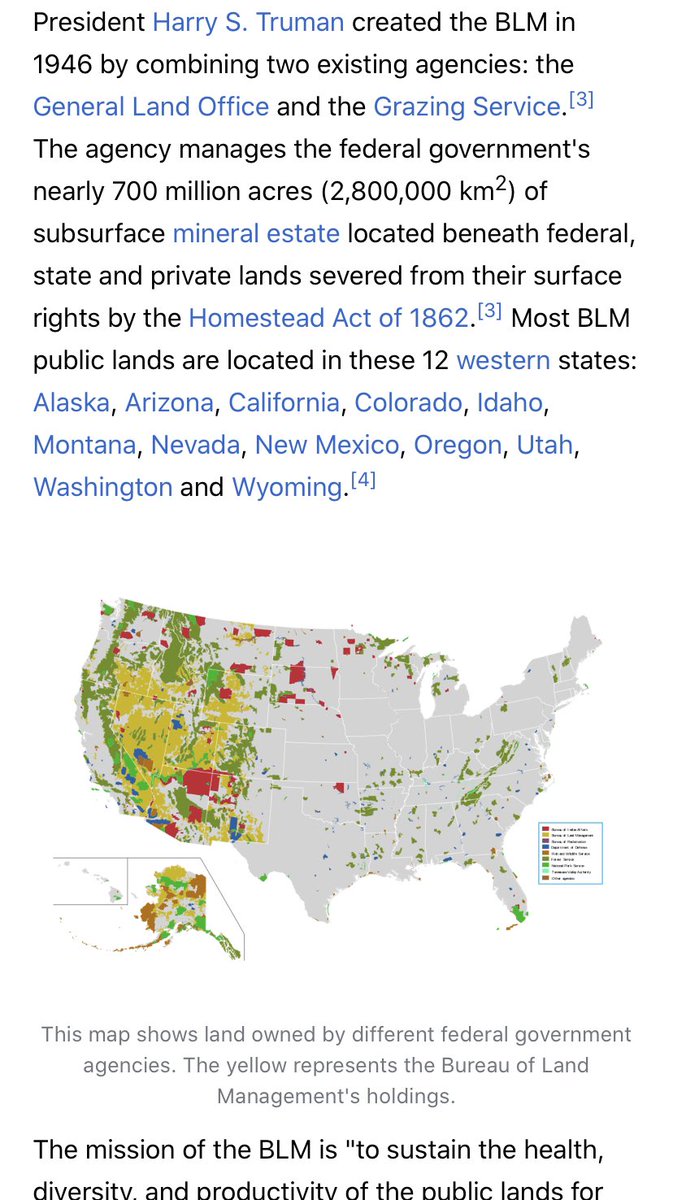
15-/ Nigeria has an equivalent agency (cies) under the @FMWRNigeria called the River Basin Authorities. They have about 4.3 million acres of land with Federal C of O under management. Water bodies in addition and across the country. But @NGRPresident been blackmailed to silence. 

16-/ The biggest noisemakers in 2019 during the Ruga palaver were from states not even involved. But they blackmailed the rest of the country to submission. These were the NLTP pilot states in any case under a State Led Program led by the @ProfOsinbajo NEC #NigeriaCattleProblem 

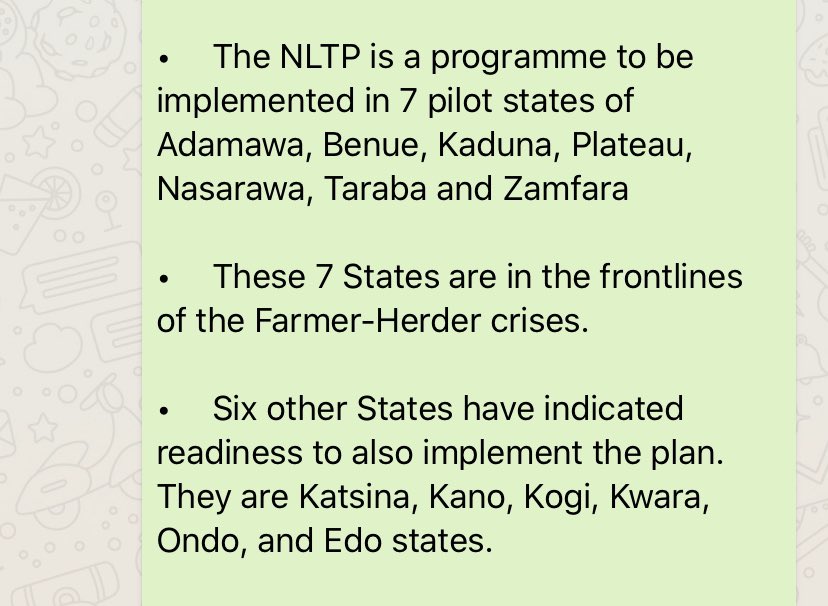

17-/ The worst thing to happen to Nigeria’s cattle industry is that @OfficialPDPNig Governor Ortom that decided to use the spilled blood of Farmer-Herder clash to win re-election despite looting his state. He is the only one of the 7 pilot states that decided to play politics 🧞♂️
18-/@InsideKaduna_ the only state with a Governor- @elrufai -in Nigeria in my opinion, is moving forward with their own plan. Trust Mallam, he doesn’t care for noisemakers. When Kaduna figures it out with $$ subsidized by @cenbank may be some of our daft Governors will get brain 

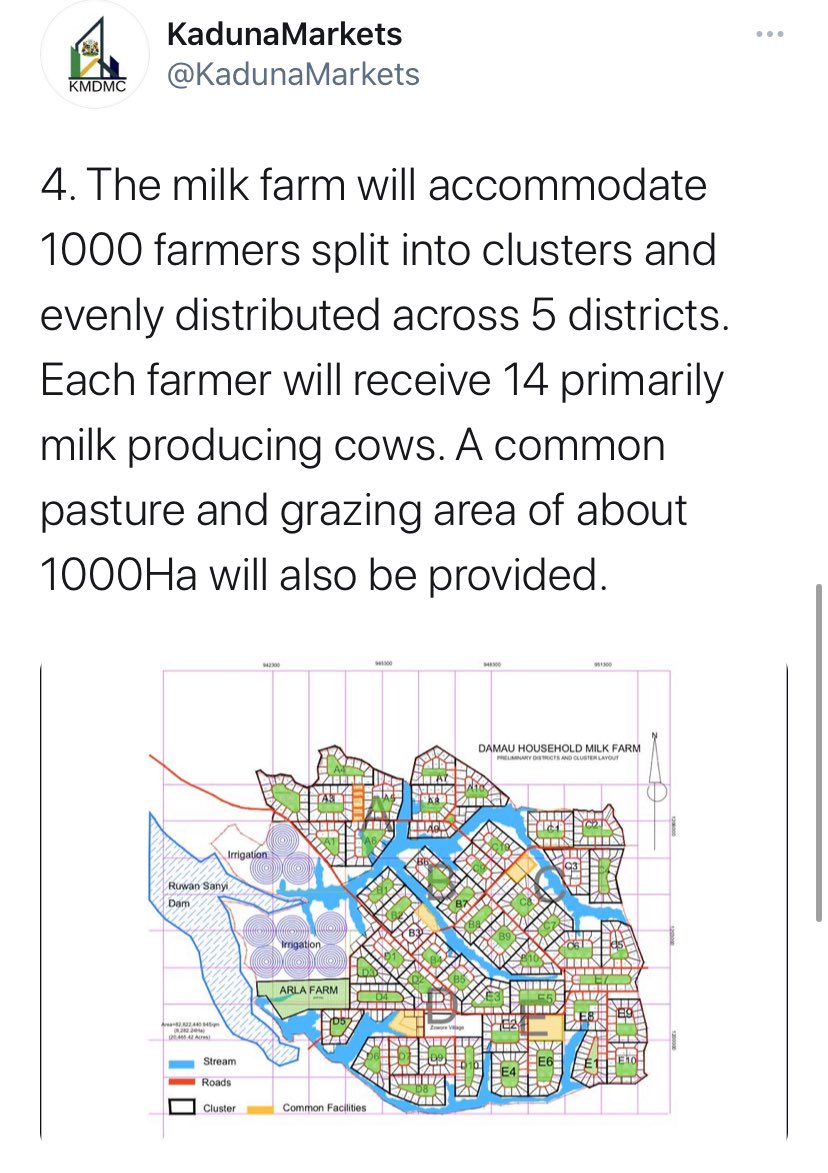

19-/ And if my long winded thread is too difficult to comprehend, here is screen grab summary. You can share with your tribalism parents and grandparents that eat meat and abuse Fulani for a living. I come in Peace. Lets tackle #NigeriaCattleProblem 
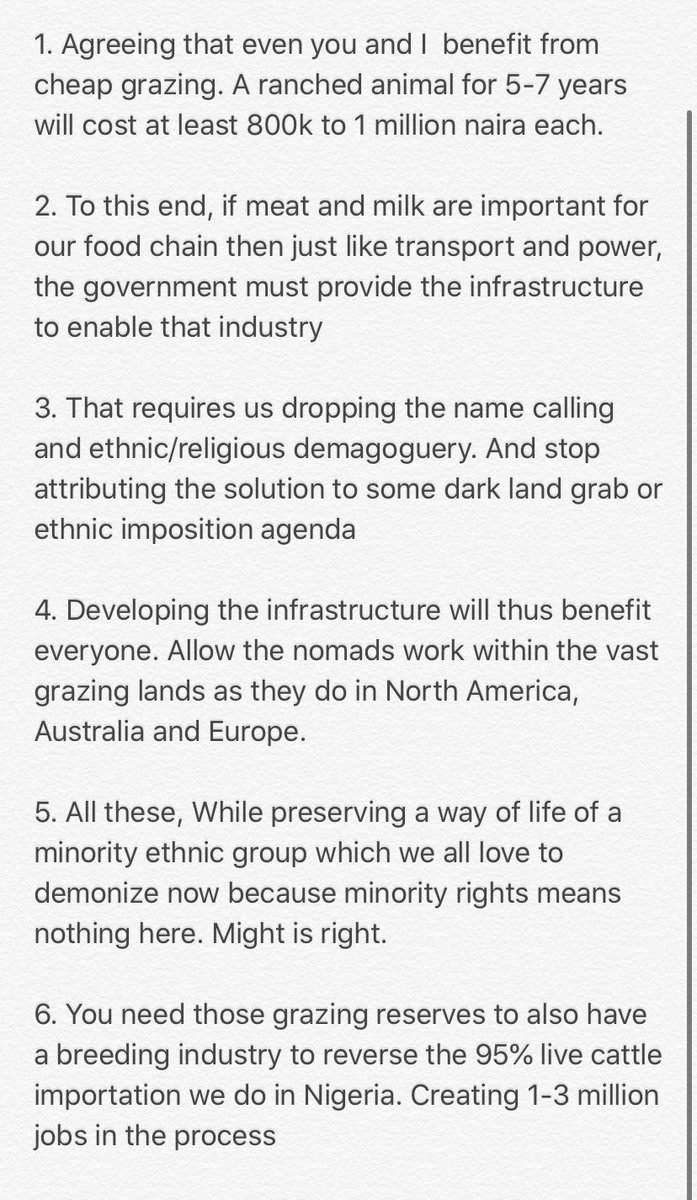
20-/ And for those that have longer attention spans, here is an article I wrote during Ruga Palaver predicting we will do foolish things with foolish Governors and end up back here again. The more things change...lets fix #NigeriaCattleProblem link.medium.com/Nw2wZBA2sdb
• • •
Missing some Tweet in this thread? You can try to
force a refresh








